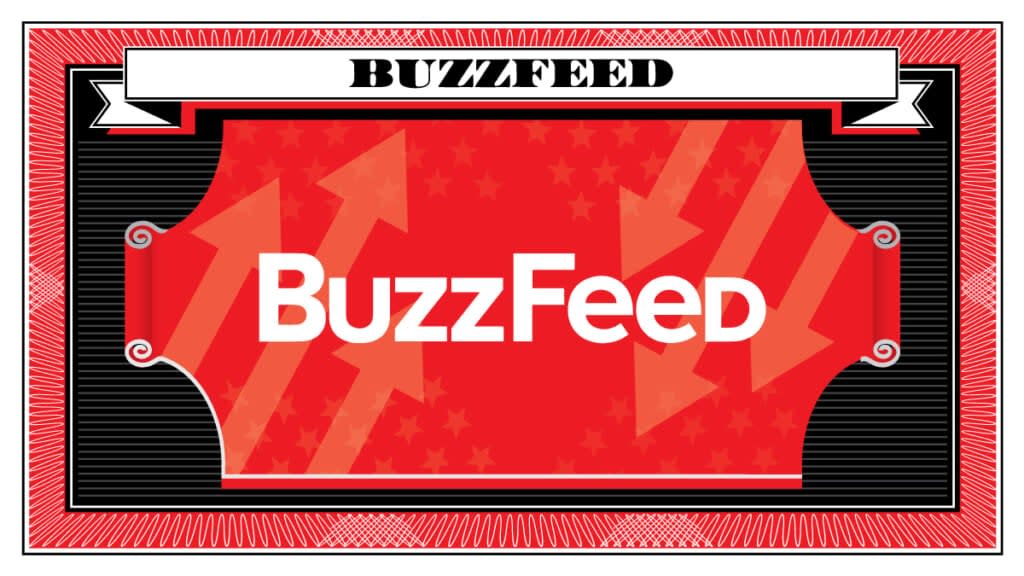BuzzFeed’s Q1 Earnings Were as Rough as Promised With $67.2 Million in Revenue

BuzzFeed, the deeply troubled digital media company that’s struggled to adapt to changes in the market, reported first-quarter revenue of $67.2 million and a net loss of $36.3 million, for a loss per share of $0.26, Tuesday. The company had previously warned Wall Street to expect a dreary report, and it delivered on that promise.
In the fourth quarter, BuzzFeed reported a net loss of $106.2 million against quarterly revenue of $134.6 million.
Wall Street has mostly given up on tracking BuzzFeed’s misadventures. A lone analyst surveyed by Zacks Investment Research had predicted a loss of 29 cents per share for the quarter and didn’t offer a revenue forecast.
The company’s struggles come as CEO Jonah Peretti has launched efforts at reinvention, including courting creators and experimenting with AI. He also shuttered BuzzFeed News, a product he had previously championed despite its lack of profits. Peretti has attributed some of BuzzFeed’s failings to his efforts to integrate Complex Networks, a media property BuzzFeed acquired in 2021 as it went public through a SPAC merger.
The second quarter should show signs of improvement, BuzzFeed said, with revenue forecast between $76 million and $81 million and adjusted EBITDA between zero and $4 million. The company’s first-quarter adjusted EBITDA loss was $20.2 million.
Historically, BuzzFeed had bet heavily on distribution of content through social media. According to the company, “Facebook now contributes an immaterial amount of advertising revenue,” with first-quarter audience engagement on the social network dropping to 22 million hours, a 69% drop from the 72 million hours it attracted in the first quarter of 2022.
CEO Jonah Peretti reiterated his commitment to AI experimentation and working with creators. “By leaning into creators and AI, I believe we can unlock new opportunities across our portfolio of trusted brands — including Tasty, First we Feast, Complex, HuffPost, and BuzzFeed,” he said in a statement.
During the earnings conference call, Peretti stated that generative AI will begin to replace static content, formats from before the AI revolution will need to be updated, and that new, AI-fueled game and entertainment content is being rapidly iterated.
Also Read:
AI Should Be a Life-and-Death Issue for Hollywood Writers | PRO Insight


